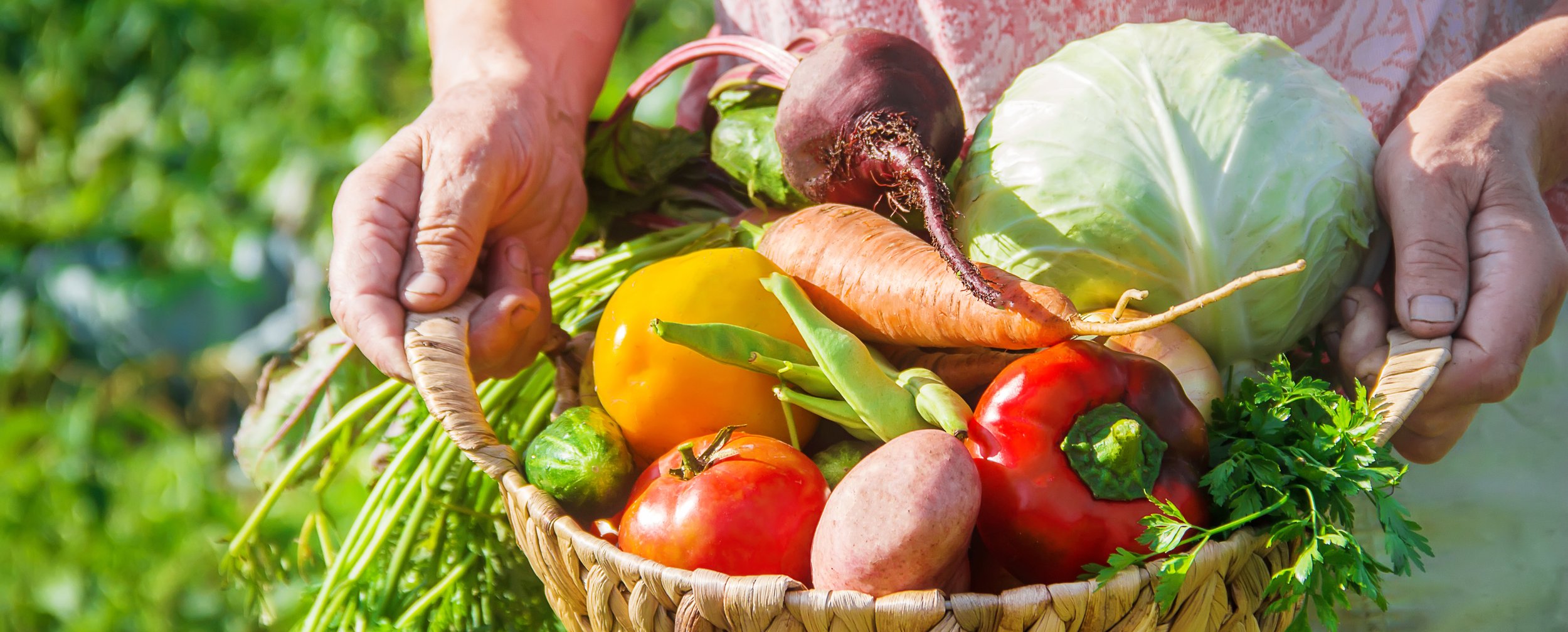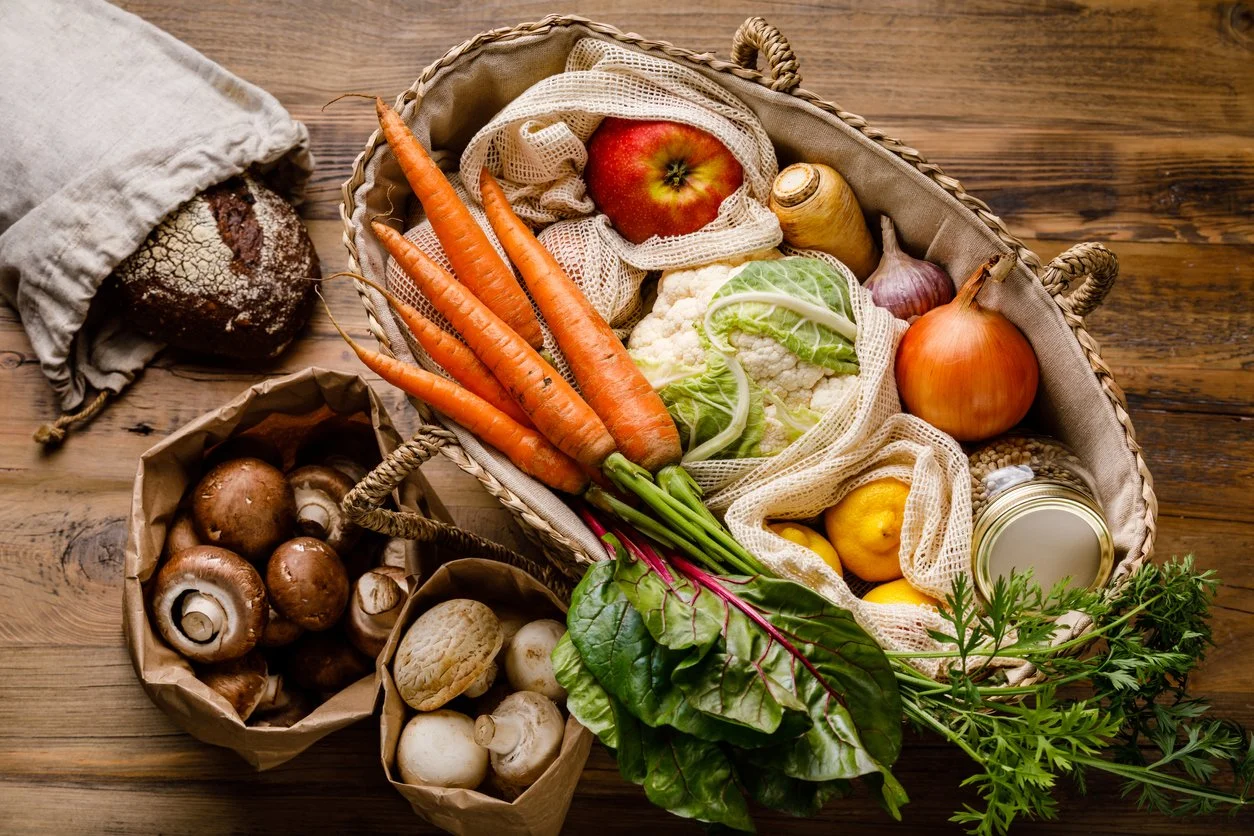The Pros and Cons of Joining a CSA
Discover > Farm to Table Eating in Texas > The Pros and Cons of Joining a CSA
With spring in full bloom, many Texan communities are giving out last calls to sign up for a CSA for the first growing season of the year. Community Supported Agriculture, or CSA, refers to a form of direct farm sales, allowing locals to receive weekly shares of food from a particular farm (or groups of farms) in and around their area. CSA members essentially support their local food system, but rather than doing so through a retailer, they directly give money to the producers themselves.
It’s safe to say the pandemic has disrupted our food system, proving to us just how flawed our food supply chains have come to be. In this way, buying local isn’t just an honorable gesture – it can be seen as a vital move in our efforts to feed people in an ever-increasingly economically and environmentally unstable world. Accordingly, CSAs are a brilliant tool at our disposal. A tool that we need to learn how to utilize to the max.
CSAs work on the premise of cooperation between farmers and CSA members. While the farmer works the land, the members share the cost of running the farm and the threat of naturally fluctuating harvests. Membership costs are paid in advance of the season to allow farmers to make necessary purchases for their farms, thereby reducing the risk of dependence on banks or loans.
Harvest shares are distributed on a weekly basis, and can be collected at predetermined locations or from the farm itself. Most CSA subscriptions provide a variety of vegetables, fruits, and herbs, while others offer shares of eggs, meat, and dairy products. Here are our top five picks for meat CSAs in Texas.
According to the US Department of Agriculture’s 2012 census, 590 CSAs operate in Texas. And this number has almost certainly increased significantly during the past decade.
Nevertheless, it’s important to mention that being a part of a CSA is a long-standing commitment. In other words, you can’t just drop by to pick up a box of produce without signing up first. Therefore, you may want to do a bit of research before deciding what CSA subscription is best for you. Here, there are many factors at play, such as weather uncertainty, farm requirements, what’s grown by the producer, etc.
As you can see, there are many things to consider. So, we’ve drawn up a list of pros and cons of CSAs to help you make the call!
Pro: You Directly Support Local Farms.
The farm’s financial condition depends on the contributions of its members. By paying upfront, you’re doing your bit to ensure that farms can purchase seed run maintenance and fix or replace equipment at the farm. Since the money they receive isn’t just dependent on sales, the community shares the risks that come with small-scale, local farming. Here are five Texas CSA farms that you can be a part of
Con: You’re Limited to the Farm(s) You’re a Member of.
Fortunately or not, you’re obliged to the produce offered by the farm you’re a member of. If your farm has had a difficult season, you may not get all the goodies you expected. This means your bundle may contain less than you hoped or may not feature your regular favorites. On the other hand, if a specific crop is abundant, you may need to deal with that as well.
Pro: The Food is Fresh.
The produce found in your CSA box is at its freshest and tastiest. You’ll get your hands on naturally ripened fruits and veggies straight from the field, meaning no long-distance shipping, stimulating hormones, or extended stays in storage.
Additionally, the produce you get in a Texas CSA box always tastes better. This is because it’s picked at its best, making it tastier and healthier than goods you find at a big-box supermarket.
Con: You Need to be Ready to Consume the Produce.
Since your Texas CSA box will be handed to you regularly, you’ll need to think up clever ways to eat it all before the next box arrives. As a result, joining a CSA is more suitable for families who love to cook at home, rather than those who prefer ordering out. So, unless you enjoy knocking up plenty of homemade meals, subscribing to a CSA box may not be a good option for you.
However, if it’s just the quantity of produce that’s a problem for you, there’s an easy solution! Split your shares with a friend or family member who also fancies themselves as a home chef. Many farms also offer variable sizes of shares for you to choose from.
Pro: It’s Easy on Your Pocket.
A typical single share of weekly produce in Texas costs around $15–$30. While they differ throughout the season, bundles typically contain six to eight different fruit and vegetable varieties. Scouting the same items in a typical grocery store can often mean spending more just to receive produce of a lesser quality. Additionally, some CSAs offer reduced prices for lower-income families.
Con: No Refunds if You Miss Your Box.
Unfortunately, most CSAs don’t allow a refund for missed weeks. So if your schedule is unpredictable, appoint a neighbor or friend to take your produce for you, especially if you’re on vacation.
Pro: There are Fun Surprises!
Often you’ll be treated to exceptional heirloom produce in your CSA box, with some goodies cropping up that you don’t expect! Joining a CSA program will likely bring you some seasonal beauties, meaning you’ll have the chance to play with ingredients you may have never used before! Who knows – they may just become family favorites!
Con: The Surprises May Catch You Off Guard.
Playing “top chef” every week is not everybody’s challenge of choice. Trying to figure out how to prepare produce you don’t know much about can be bothersome and time-consuming. To help with this, many CSAs send out emails in advance, letting you know what you can expect to find in your box that week.
In the end, the decision to partner with a CSA is a highly personal one, and one that should be determined by each individual’s situation. For example, some suggest clubbing together with friends to split the CSA share, in order to cut down on driving and receive more manageable amounts of produce.
Between shopping at Texas farmers’ markets and buying local fruits, veggies, meat, and dairy, there are several ways to help support local farmers – even if a CSA isn’t the perfect match for you!
Have you ever had a CSA subscription? What did you enjoy about it? Drop a comment below and let us know!
Looking for fresh, grass-fed meat delivery in Texas? Well, your search is over. Click here!





